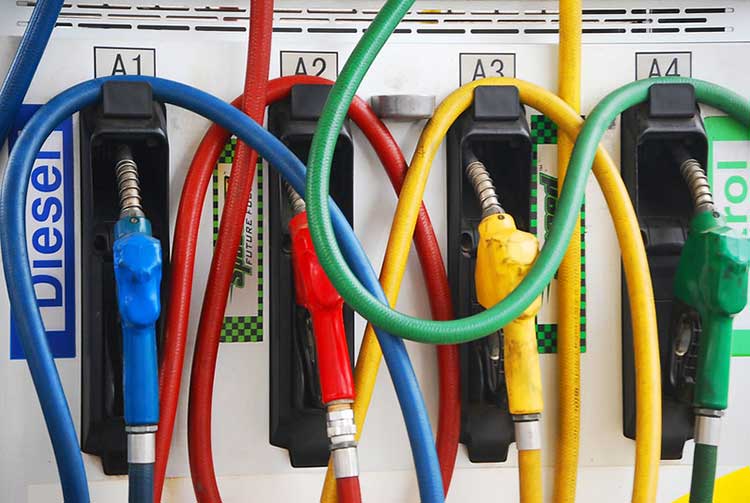Petrol and diesel have become the lifelines of the modern world, powering everything from cars and trucks to generators and manufacturing plants. The ever-increasing demand for these fuels has put tremendous pressure on oil-producing nations, causing prices to fluctuate wildly and leading to concerns about energy security. In India, the government has been forced to take steps to restrict the export of petrol and diesel in order to ensure that there is enough supply for domestic consumption.
The latest move by the Indian government to extend export curbs on petrol and diesel has created quite a buzz in the industry. The restrictions were first imposed in March 2020, when the COVID-19 pandemic led to a drop in global oil prices. At the time, the government wanted to ensure that domestic needs were met and that there was no shortage of fuel in the country. However, as the pandemic has dragged on, the export curbs have been extended multiple times, most recently until the end of September 2022.
So, what does this mean for the industry and for consumers? Let’s take a closer look.
Export Curbs and the Indian Oil Market
India is the world’s third-largest consumer of oil, behind the United States and China. The country relies heavily on imports to meet its demand, with over 80% of its oil needs coming from foreign countries. This makes India vulnerable to price fluctuations in the global oil market, which can have a significant impact on the country’s economy.
In order to mitigate this risk, the Indian government has put in place a number of measures to try and reduce its dependence on oil imports. One of these measures is to encourage the use of alternative fuels, such as natural gas and biofuels. Another is to restrict the export of petrol and diesel, which helps to ensure that there is enough supply for domestic consumption.
The current export curbs on petrol and diesel were initially imposed in March 2020, when the COVID-19 pandemic led to a drop in global oil prices. At the time, the government wanted to ensure that there was enough supply of fuel for domestic needs and that prices did not spike as a result of panic buying. Since then, the restrictions have been extended multiple times, most recently until September 2022.
Impact on Consumers
For Indian consumers, the extension of the export curbs on petrol and diesel is likely to result in higher prices at the pump. This is because the restrictions will limit the supply of fuel available in the market, which will push up prices. In addition, the Indian government has been increasing taxes on petrol and diesel in recent years, which has also contributed to rising prices.
However, there are some potential benefits for consumers as well. The restrictions on exports will help to ensure that there is enough supply of fuel for domestic consumption, which should prevent shortages and panic buying. In addition, the government has been using the revenue generated from taxes on petrol and diesel to fund various welfare schemes, which could provide some relief for consumers.
Impact on the Industry
The extension of the export curbs on petrol and diesel is likely to have a significant impact on the Indian oil industry. India is home to several state-owned oil companies, such as Indian Oil, Bharat Petroleum, and Hindustan Petroleum which are responsible for refining and distributing petrol and diesel in the country.
These companies are likely to face increased competition from private players, who may look to import petrol and diesel to fill the supply gap created by the export curbs. This could lead to a shift in the dynamics of the Indian oil market, as private players gain a larger share of the market.
In addition, the restrictions on exports could impact the revenue of oil companies that have been exporting petrol and diesel to other countries. This could have a ripple effect on the global oil market.
Image Credit: Flickr – missannayoung







